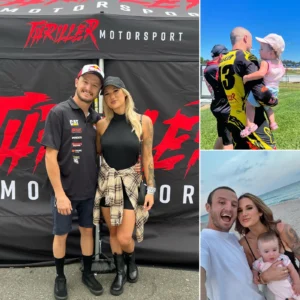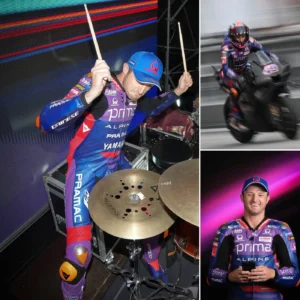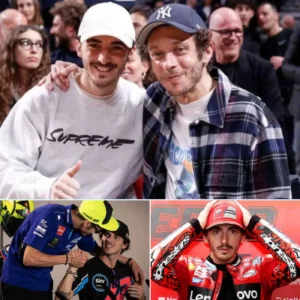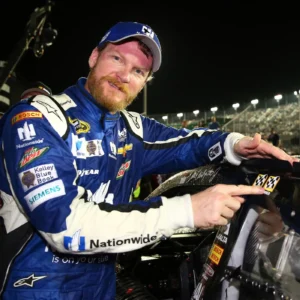Casey Stoner criticizes Valentino Rossi for controlling the media
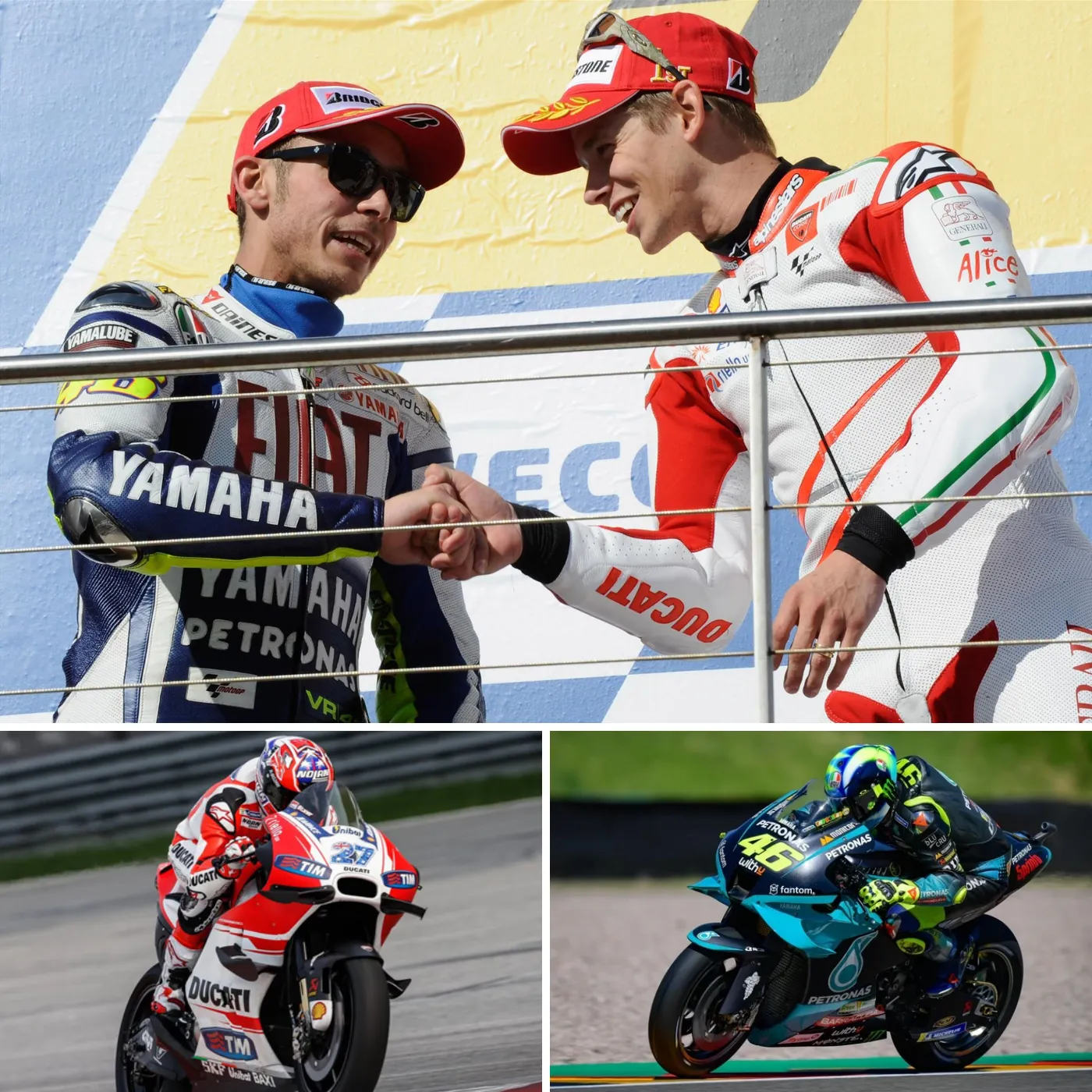
Casey Stoner, the two-time MotoGP World Champion, has been outspoken about the way Valentino Rossi controlled the media during their time competing in MotoGP. Stoner, who famously beat Rossi in both 2007 and 2011 to claim his world titles, has reflected on the influence Rossi had over the media landscape in their rivalry. Although their relationship has mellowed in recent years, especially after Stoner’s visit to Rossi’s farm in Tavullia, their competitive history was often marked by contrasting personalities.
Rossi’s Influence Over the Media Narrative
Stoner spoke candidly on the Ducati Diaries podcast about how Rossi was able to control the media narrative around his career, something that shaped how the public and press viewed both him and his rivals. According to Stoner, Rossi’s media manipulation was so powerful that if the press dared to write anything negative about him, they would face serious repercussions. Stoner explained:
“He controlled everyone, even the press. He was very important to the media. If they wrote anything rubbish about him, he’d blacklist them!”
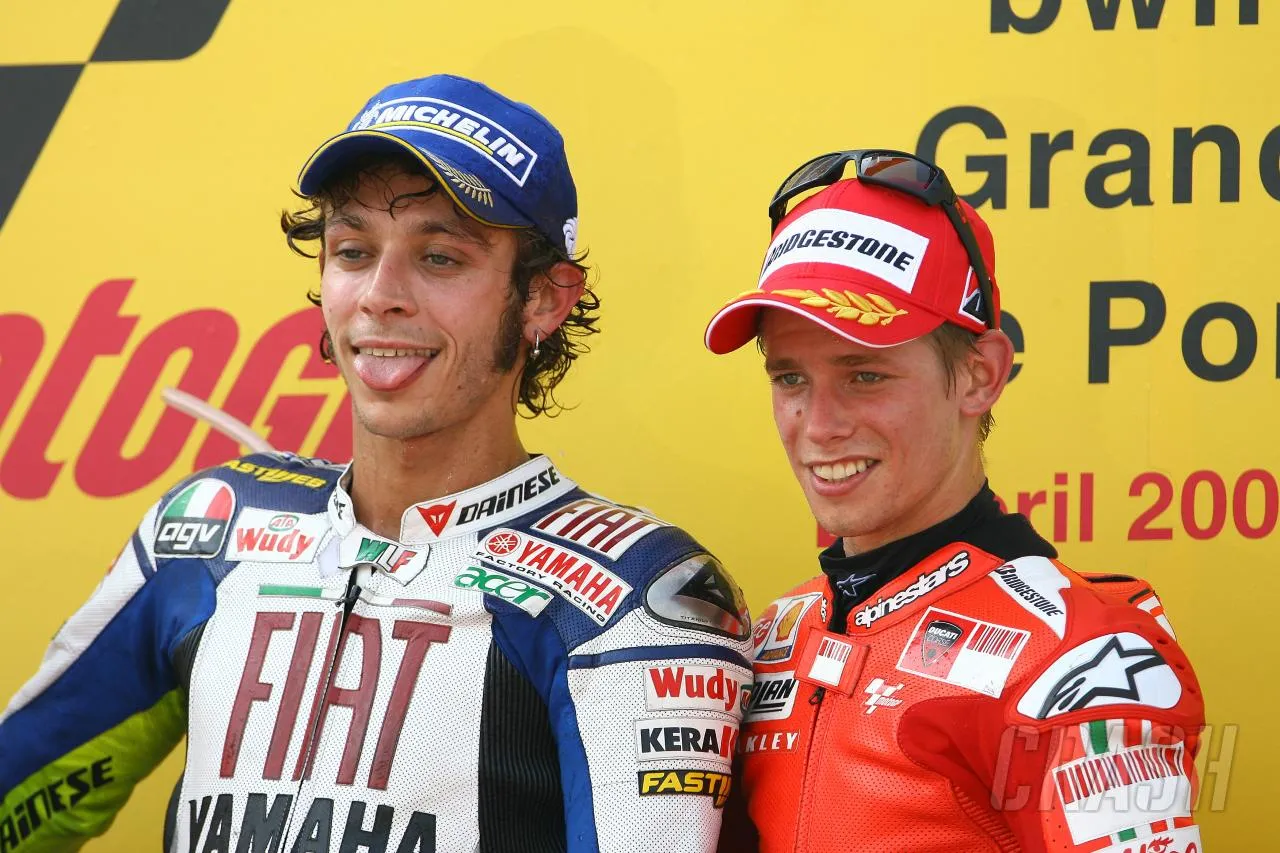
Stoner went on to say that when Rossi would blacklist certain outlets, the media was forced to comply, creating a situation where they would turn on someone else to maintain their credibility. Stoner himself became the target of the press as they attempted to shift the focus onto him:
“They thought, ‘We need to write a bad article about someone,’ and I became his number one enemy. They turned me into the villain.”
For Stoner, this was a difficult reality to face. As a reserved and introverted personality, he was often at odds with the more public-facing, charismatic approach of Rossi, who thrived in front of the cameras and was known for his quick wit and fan engagement. This contrast led the media to paint Stoner in a negative light, even though his personality was far removed from the angry, villainous image that was often thrust upon him.
The Media’s Villainization of Stoner and Pedrosa
Stoner’s experience wasn’t unique. He compared himself to Dani Pedrosa, another rider who was often misunderstood and portrayed in a similar light. Pedrosa, who was often seen as serious and focused on his racing rather than courting media attention, found himself at odds with the media as well. Despite being incredibly talented, Pedrosa didn’t receive the same fanfare as riders like Rossi, partly because of his no-nonsense approach to racing.
Stoner explained:
“Dani was someone I stayed friends with throughout the racing years, even in the title fight. Nothing but respect for him, and he had nothing but respect for me. We’re still friends to this day.”
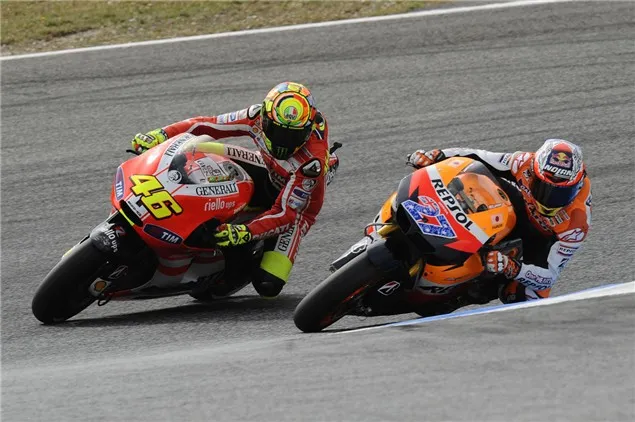
This sense of mutual respect between Stoner and Pedrosa shows that the media’s portrayal of athletes can often be far removed from their actual relationships and personalities. Stoner emphasized that while he and Pedrosa were both often misunderstood, they had deep respect for each other, and their bond remained intact despite fierce competition on the track.
Stoner’s Approach to Racing and Media
Stoner also reflected on how he never sought to be the kind of media magnet that Rossi became. Rossi’s larger-than-life persona, his outgoing personality, and his ability to entertain both on and off the track helped him become the face of MotoGP. For Stoner, however, that was never his goal. He was always more focused on the racing itself rather than the theatrics that often surrounded it. Stoner said:
“I never tried to be like him. I saw so many people try to be that character, try to please Valentino’s fans. But it’s so fake, so theatrical.”
Stoner’s honesty about his approach to racing is refreshing in an era where athletes are often expected to put on a show for the cameras and build a public persona. While Rossi was celebrated for being a showman, Stoner was content to let his riding speak for itself. He said:
“Maybe I should have been fake, pretending to be goofy to get attention, but I’ve never been that person. I just wanted to race. I want to entertain, but not because you want me to.”
Ultimately, Stoner’s comments reflect a deeper philosophical divide between him and Rossi, one that goes beyond the track. Rossi’s extroversion and ability to connect with fans were integral to his success, while Stoner’s introversion and dedication to racing without the media circus set him apart. Despite their differences, both riders have left indelible marks on MotoGP, and their rivalry, while heated at times, has only added to the rich history of the sport.
In recent years, however, the animosity between Stoner and Rossi has faded, and the two have shown mutual respect. Stoner even made a surprise visit to Rossi’s VR46 farm in Tavullia, where they reminisced about their racing days. This visit was a symbolic moment, representing a more mature phase in their relationship, leaving behind the competitive bitterness that once defined it.
